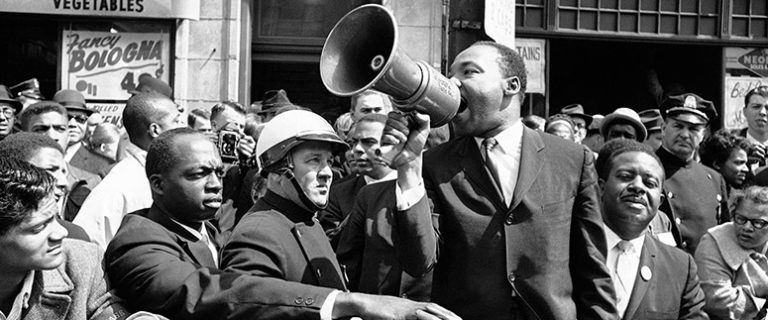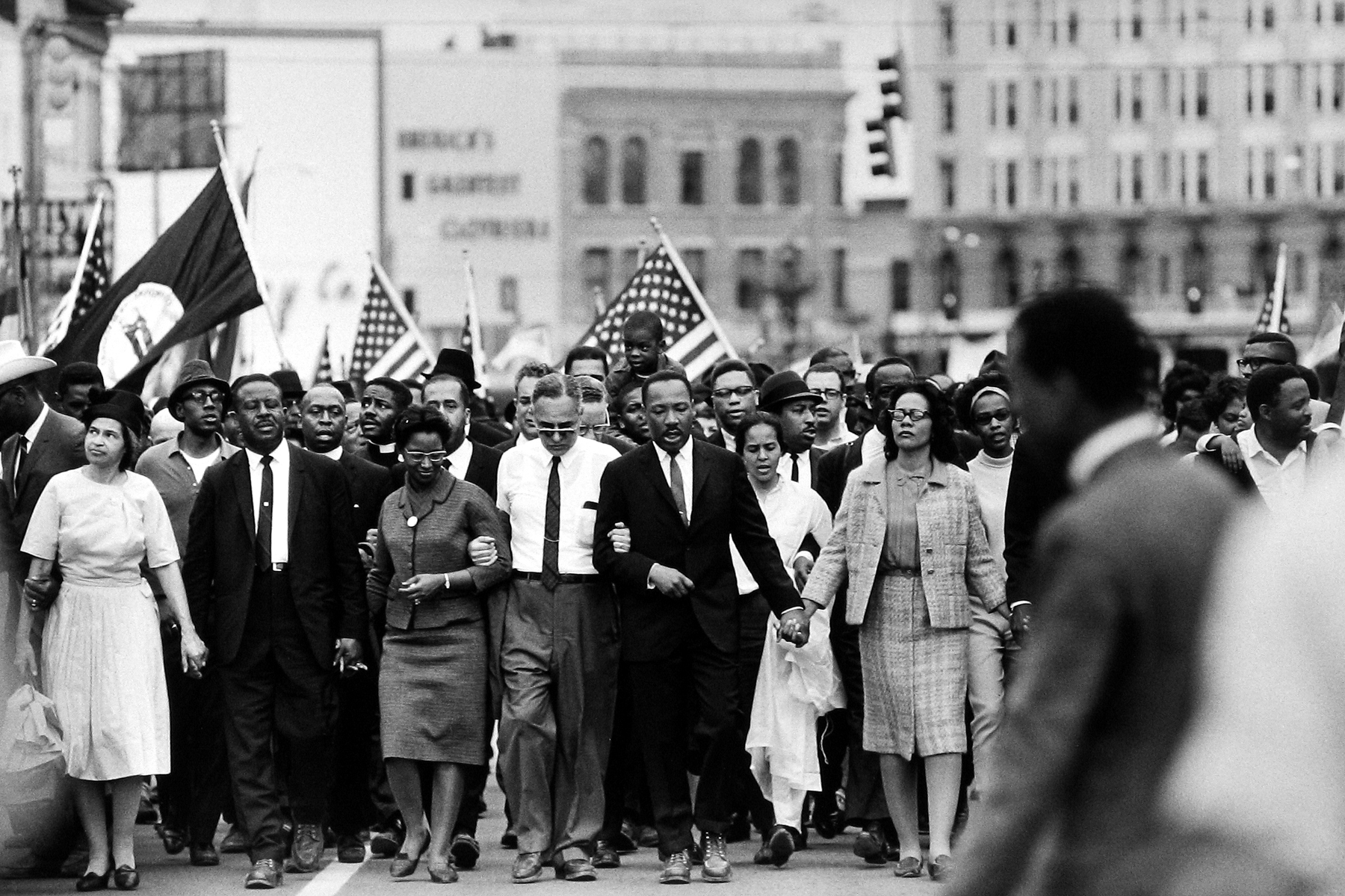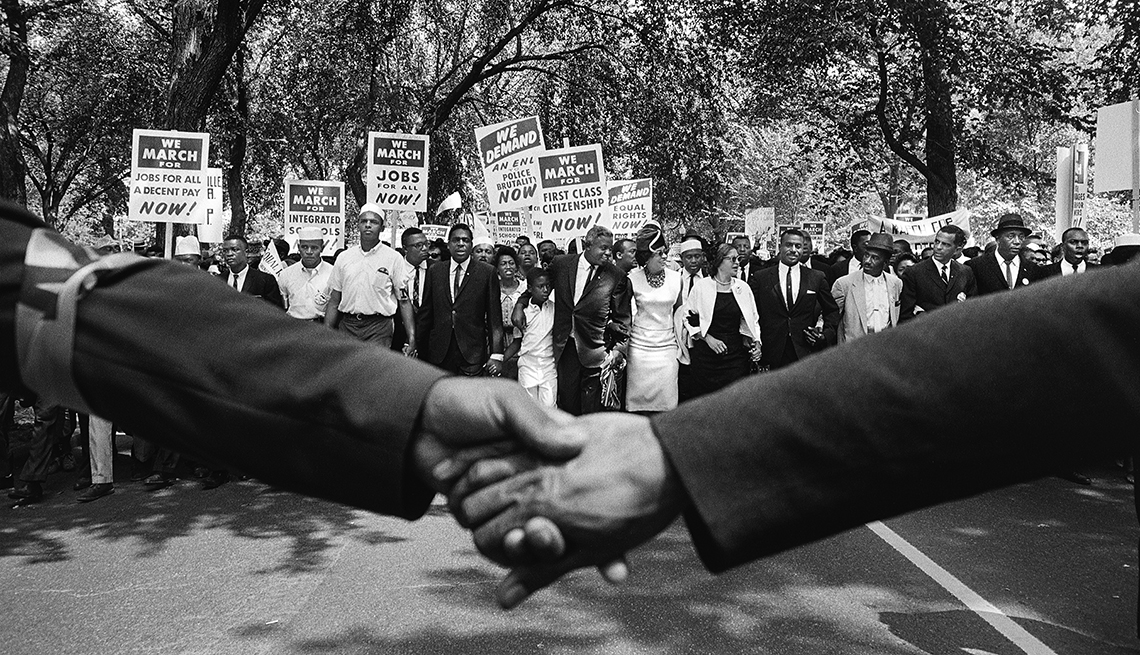Reference




OpenAI's Answer
Here are some landmark events associated with the civil rights movement:
-
Brown v. Board of Education (1954): This Supreme Court decision declared school segregation unconstitutional, challenging the "separate but equal" doctrine.
-
Montgomery Bus Boycott (1955-1956): Sparked by Rosa Parks' arrest, this year-long boycott led to the desegregation of Montgomery's buses.
-
Little Rock Nine (1957): Nine Black students enrolled in Little Rock Central High School, facing resistance but eventually attending with federal protection.
-
Freedom Riders (1961): Activists challenged segregation in interstate bus terminals across the South, facing violence and arrest.
-
March on Washington (1963): Over 200,000 people gathered to advocate for civil and economic rights for African Americans, where Martin Luther King Jr. delivered his "I Have a Dream" speech.
-
Selma to Montgomery Marches (1965): A series of marches to protest voting rights suppression, notably marked by "Bloody Sunday" when marchers were violently confronted by law enforcement.
-
Civil Rights Act of 1964: Prohibited discrimination based on race, color, religion, sex, or national origin, and ended segregation in public places.
-
Voting Rights Act of 1965: Eliminated various devices, such as literacy tests, that were used to restrict Black people's rights to vote.
For further details, you can view the full timeline at History.com.

Follow Up
Related
Which nation ranked second in the medal table of the 1985 Championships?
What battles and treaties are associated with Scandinavian Scotland?
Which historical family was primarily associated with the ownership of Garendon Hall?
How many times did Emerson Drive win the Canadian Country Music Association Group or Duo of the Year
What are the four different soil associations found in the Bowman Creek watershed?